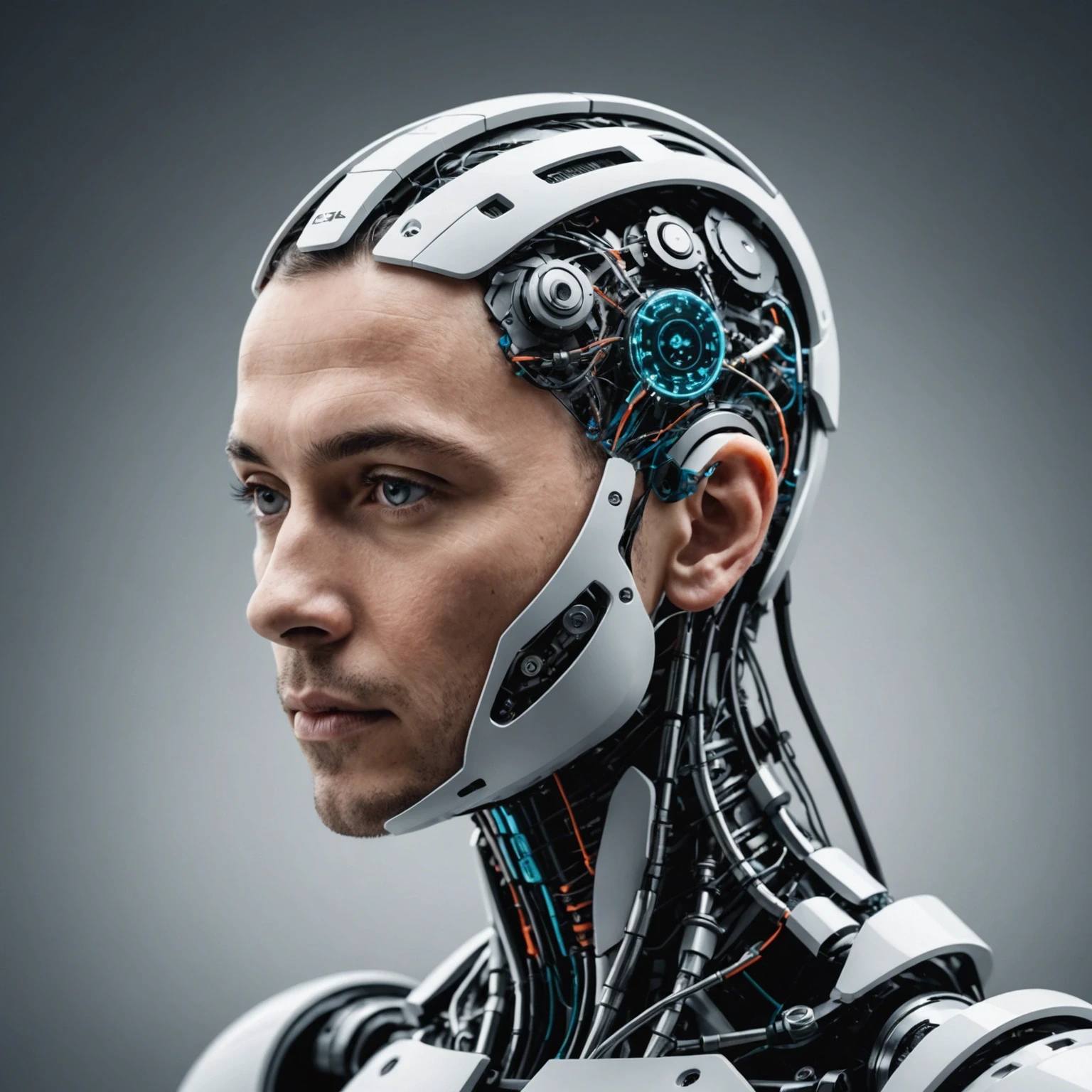Mitigating AI's Challenges: Strategies for Positive Outcomes
Jun 1, 2023

Introduction:
In today's fast-paced digital world, businesses are constantly searching for ways to improve their marketing strategies and achieve a higher return on advertising spend (ROAS). With the rise of artificial intelligence (AI) technology, marketers now have access to powerful AI marketing tools that can help them optimize their campaigns, target the right audience, and ultimately boost their ROAS. In this blog post, we will explore the top 10 AI marketing tools that are expected to dominate the industry by 2023 and how they can help businesses achieve their marketing goals.
Key Issues and Debates:
The use of AI in marketing is not a new concept, but its adoption has been accelerated in recent years due to advancements in technology and the availability of big data. However, there are still debates surrounding the use of AI in marketing and its impact on the industry.
One of the key issues is the fear that AI will replace human marketers and make their roles redundant. While it is true that AI can automate certain marketing tasks, it cannot replace the creativity and strategic thinking of human marketers. In fact, AI marketing tools are designed to assist and enhance the work of human marketers, not replace them.
Another debate is the concern over data privacy and security. AI marketing tools rely heavily on data to make accurate predictions and recommendations. This has raised concerns about the ethical use of data and the potential for data breaches. As such, it is important for businesses to ensure that they are complying with data privacy regulations and implementing proper security measures when using AI marketing tools.
Practical Implications and Recommendations:
Now, let's explore the practical implications of using AI marketing tools and how they can benefit businesses in boosting their ROAS.
1. Predictive Analytics: AI-powered predictive analytics can analyze large amounts of data to identify patterns and make accurate predictions about consumer behavior. This allows businesses to target their marketing efforts towards the right audience, increasing the chances of conversions and ultimately, boosting ROAS.
2. Personalization: With AI, marketers can personalize their campaigns based on consumer preferences and behavior. This not only improves the customer experience but also increases the likelihood of a purchase, leading to a higher ROAS.
3. Chatbots: AI-powered chatbots can handle customer inquiries and provide assistance 24/7. This not only improves customer satisfaction but also reduces the workload of human customer service representatives, allowing them to focus on more complex tasks.
4. Ad Optimization: AI marketing tools can optimize ad campaigns in real-time by adjusting bids, targeting, and ad creatives based on performance data. This ensures that businesses are getting the most out of their ad spend and achieving a higher ROAS.
5. Content Creation: AI-powered content creation tools can generate personalized content at scale, freeing up time for marketers to focus on other aspects of their campaigns. This can also lead to more effective content, resulting in higher engagement and conversions.
6. Sentiment Analysis: AI-powered sentiment analysis can help businesses understand how consumers feel about their brand, products, or services. This allows them to tailor their marketing strategies to address any negative sentiment and build a positive brand image, ultimately leading to a higher ROAS.
7. Recommendation Engines: AI-driven recommendation engines can analyze customer data and behavior to make personalized product recommendations. This can increase cross-selling and upselling opportunities, resulting in a higher ROAS.
8. Marketing Automation: AI-powered marketing automation tools can streamline marketing processes and workflows, allowing marketers to focus on other strategic tasks. This can improve efficiency and productivity, leading to a better return on advertising spend.
9. Voice Search Optimization: With the rise of voice-enabled devices, AI marketing tools can help businesses optimize their content for voice search. This ensures that their brand is visible to consumers who use voice search, increasing the chances of conversions and a higher ROAS.
10. Fraud Detection: AI-powered fraud detection tools can identify and prevent fraudulent activities, such as click fraud, in ad campaigns. This ensures that businesses are not wasting their ad spend on fake clicks, resulting in a higher ROAS.
Conclusion:
AI marketing tools are transforming the way businesses approach marketing, allowing them to target the right audience, personalize their campaigns, and optimize their advertising spend for a better return on investment. While there are debates and concerns surrounding the use of AI in marketing, it is clear that these tools have the potential to significantly boost ROAS. As such, it is important for businesses to embrace AI technology and stay updated with the latest advancements to stay ahead of the competition in the ever-evolving digital landscape.
Further Research:
As AI technology continues to evolve, there is no doubt that it will have even greater implications for marketing in the future. Further research can be done on the ethical use of AI in marketing, the impact of AI on consumer behavior, and the potential for AI to revolutionize the industry in the coming years. It is an exciting time for marketers, and by utilizing AI marketing tools, businesses can stay ahead of the game and achieve a higher